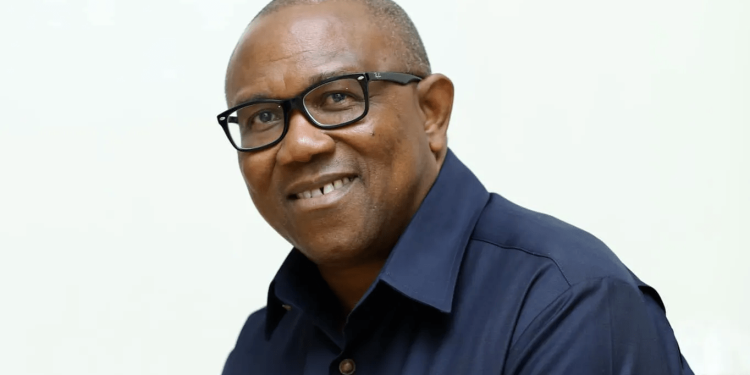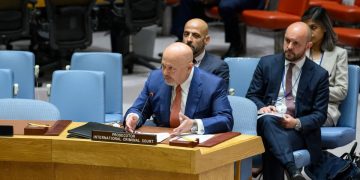The recent judgment delivered by the Presidential Election Petitions Tribunal in the case of Peter Obi versus President Tinubu has stirred a myriad of reactions and emotions across the nation.
While legal decisions are often met with diverse opinions, this particular ruling has left many feeling disappointed.
In this analytical review, we’ll delve into the various dimensions of this disappointment and its potential ramifications for Nigeria’s electoral system and Peter Obi’s political future.
First, Let’s Look at the “Obidients” Movement
Peter Obi, the presidential candidate of the Labour Party, emerged as a formidable force during the election. His popularity transcended party lines, attracting voters from various demographics.
He unconsciously founded a political movement called the “Obidients”, a coinage from his name – Obi. His followership grew like wildfire across the country and even among Nigerians in diaspora.
Post-election, his continued presence in Nigerian politics had garnered substantial anticipation and hope. His supporters and political admirers had hoped for a better outcome from the election tribunal.
However, the tribunal’s judgment, particularly regarding the acceptance of witnesses and the EU Election Observers Mission report, has cast a shadow on the expectations surrounding his political career.
How INEC Had Obi’s Lunch
The 2023 presidential election was not without its controversies. Allegations of irregularities and misconduct were rife, contributing to a contentious atmosphere.
The role of the Independent National Electoral Commission (INEC) in overseeing the election came under scrutiny. Observers scored the electoral body completely low.
The suspicion of compromise by INEC was up in the air. It was a common discussion on the lips of many after the announcement of the official result at the wee hours of the night.
Questions were raised about INEC’s handling of election results and the transparency of its processes. Failure or perhaps refusal to electronically transmit the elections results was of great concern to objective observers.
This was after getting every support from the government to prepare for the election according to the perceived commitment of INEC to do so much to guarantee fairness and credibility of the process.
One of the focal points of contention during this case was the transmission of election results. The petitioners had raised concerns about INEC’s Results Viewing Portal, alleging that it failed to electronically upload results in real-time.
Electronic transmission of results was one particular promise the electoral commission made to Nigerians. The chairman of INEC, Professor Mahmood Yakubu in no mistaken way assured this will happen, but he failed completely, and he was unapologetic about his failure.
The disappointment stemming from the tribunal’s decision stems, in part, from the perceived validation of these controversial aspects of the election by the election tribunal.
The tribunal’s dismissal of this argument further fuelled the disappointment, as it appeared to overlook potential shortcomings in the electoral process that cast doubt on the outcome.
What This Judgment Means for Nigeria’s Electoral System
The implications of this judgment extend beyond the immediate case. It raises questions about the state of Nigeria’s electoral system and the mechanisms in place to address electoral disputes.
The disappointment expressed by many stems from a desire for a more transparent, accountable, and fair electoral process. The ruling, in some eyes, has fallen short of advancing these ideals.
Peter Obi’s Next Move
In the aftermath of this judgment, the spotlight now turns to Peter Obi and his political trajectory. How he responds to this disappointment will shape his future in Nigerian politics.
He faces critical decisions on whether to pursue further legal avenues, continue his political journey, or explore alternative roles within the political landscape.
In conclusion, the judgment in the Peter Obi versus President Tinubu case has left a trail of disappointment among many Nigerians.
It has raised pertinent questions about the state of the nation’s electoral system, the role of INEC, and the future of Peter Obi’s political career.
While disappointment lingers, it also serves as a catalyst for a deeper examination of Nigeria’s democracy and the need for reforms to ensure transparent and credible elections in the future.












